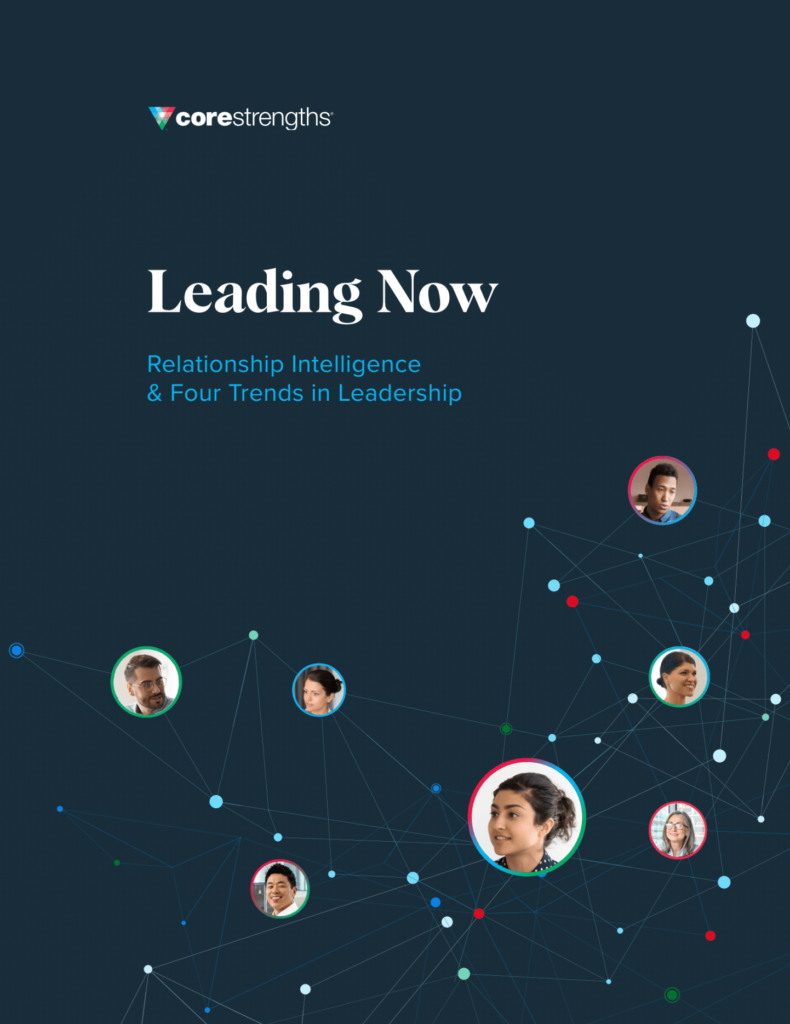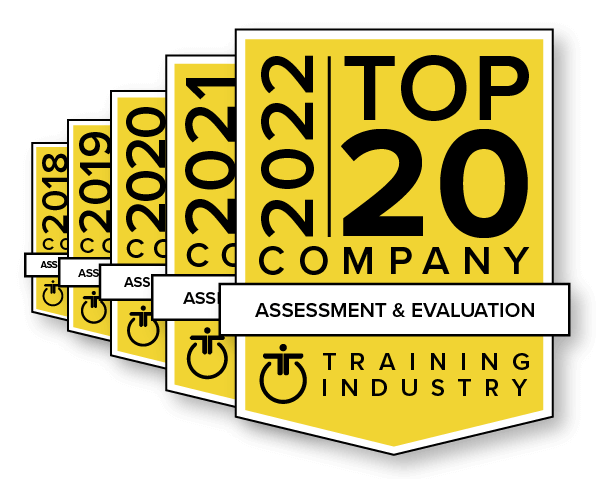Nearly everyone wants to be recognized and rewarded for a job well done. I know I do. When I’m recognized, I feel better about myself, more connected to my colleagues, and more committed to the task at hand. Positive feedback puts a spring in my step.
My experience isn’t unique either. In fact, Maritz Research found that employees who receive recognition are:
- 5 times for likely to feel valued
- 7 times more likely to stay with the company
- 6 times more likely to invest in the company
- 11 times more likely to feel completely committed to the company
For bigger projects, exceptional results, or when extra work was involved, the research showed that expectations about recognition were far more nuanced. For most people, it’s almost never just about more money; instead, it’s about feeling valued. But people value different things about themselves, which means understanding the personalities of the people involved plays a big part in recognizing them in ways they’ll find meaningful.
For example, the Deloitte findings showed that some people wanted their teammates to be recognized with them because they viewed their own accomplishments as the result of a team effort. Others wanted to be recognized by being given an even more challenging project or stretch assignment, while others were looking for visible acknowledgment in front of as many people as possible.
Another important aspect of recognition is a demand from the new majority of the labor force, Millennials, who emphasize the community aspect of their workplace, including acknowledgment from peers and team members. Ryan Jenkins, writing in Inc. magazine, says that making “recognition programs more social and peer-to-peer will win over Millennials.” Echoing this fact, Toni Vranjes, writing for SHRM’s HR Magazine, says employees value peer recognition as much—and in some cases, more—than hearing praise from their manager. While tangible results are still somewhat mixed on formalized peer-feedback programs, it’s clear that being able to give and receive feedback positively within teams is a new requirement for talent retention.
If only there was a way to understand what individuals value, what motivates them to perform so that recognition—both top-down and peer-to-peer—could be an effective use of the company’s energy, time, and money? OK, I teed that up, but there is something that can solve this problem: Relationship Intelligence.
You’ve probably noticed (or if you’re lucky enough, experienced first-hand) that high-performing teams have great relationships. Members know one another—and recognize one another—at the core. This doesn’t magically happen. They’ve done the hard work of understanding their differences and adjusting their personal approach to one another because they care about their team and its outcomes.
When this doesn’t come naturally (and let’s face it, it rarely does without some help), sharing the results of a personality assessment and learning what motivates leaders and their team members can go a long way to building a culture of recognition that works. I’ve contributed to the evolution of the Strengths Deployment Inventory, or SDI 2.0, for several years. It provides a common language for understanding what’s important to people, and it measures the way each person uniquely values three core motives. By employing a simple and memorable guide, any leader or team member can gain a window to what drives that person and how to tap into it. It’s even available as an app.
The important part is that by creating this foundational understanding among people, recognition not only becomes something that can be tailored and thus more meaningful; it can become a part of regular communication. Imagine the impact of not only meaningful but regular recognition to people’s commitment, happiness. Just imagine the spring in their step.
Dr. Mike Patterson is a principal at Core Strengths in Carlsbad, Calif. and teaches in the doctoral program at Pepperdine University’s Graduate School of Education and Psychology. He is also the co-author of Core Strengths: Results through Relationships training and the book, Have a Nice Conflict: How to Find Success and Satisfaction in the Most Unlikely Places (Jossey-Bass). Contact him at mike@corestrengths.com.








